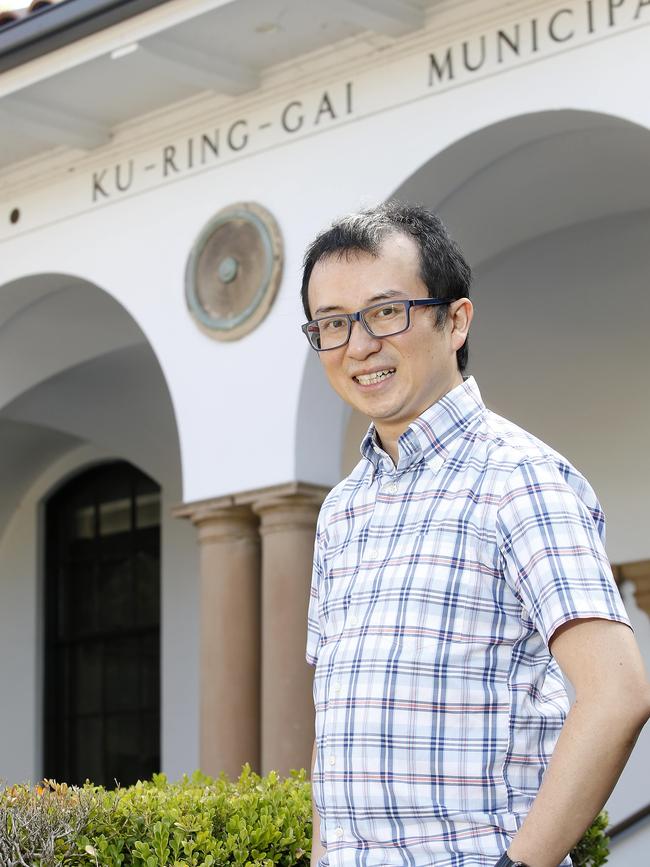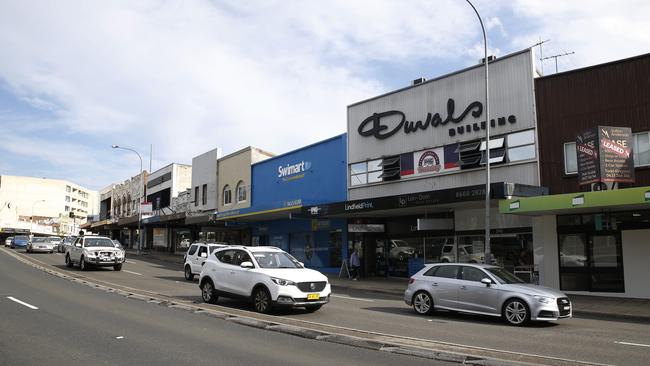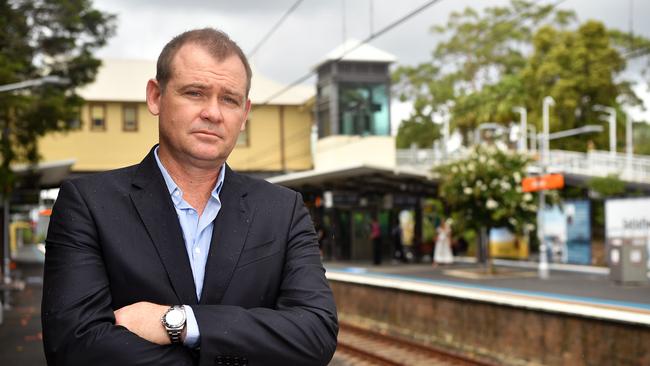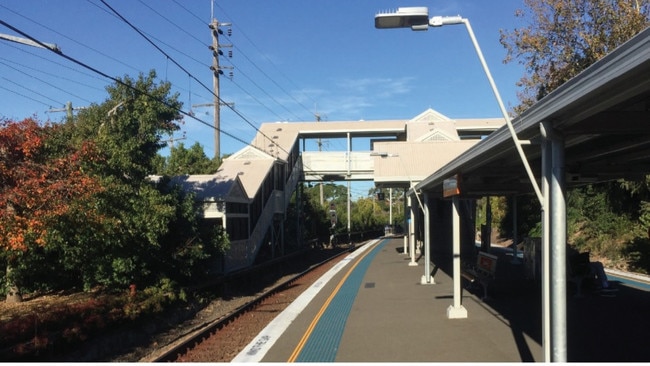NSW Government hits back at claims of ‘class warfare’ in Sydney housing density debate
A Sydney council is upping the ante in its stance against NSW Government rezoning changes after claiming ‘class warfare’ is being used to determine which suburbs will be fast-tracked for increased density.
North Shore
Don't miss out on the headlines from North Shore. Followed categories will be added to My News.
A blue ribbon council on Sydney’s north shore is taking its fight against increased housing density to the national stage after claiming the council is being treated “like a whipping post” by the NSW Government in the drive for increased development across Sydney’s suburbs.
Councillors in Ku-ring-gai have upped the ante in their stance against planned NSW Government rezoning changes that would allow medium density developments, residential subdivisions and seven storey tall buildings in low-density residential streets.
The council has been a vocal critic of the reforms, which mayor Sam Ngai said could decimate the character of heritage suburbs and encourage developers to “go nuts”.
NSW Planning Minister Paul Scully has used recent interviews to argue Sydney’s west is carrying too much of the housing burden, while councils such as Ku-ring-gai are lagging behind and needed to start “pulling their weight”.
The statewide planning reforms include targeting increased density near 31 train stations across the state including four in the Ku-ring-gai Council area – Lindfield, Gordon, Roseville and Killara.


A total of sixteen stations are due to have the planning reforms enacted by the NSW Government by the end of this month – including all four in Ku-ring-gai, while the remaining 15 – located in suburbs such as Ashfield, St Marys, Canterbury and Marrickville – have been granted extensions until as late as June next year.
Ku-ring-gai Mayor Sam Ngai claims the commencement dates were politically driven to benefit “Labor-led councils” in the lead up to the upcoming local government elections in September.
Councillors have now approved funding to publish open letters in national, metropolitan and local newspapers detailing the council’s opposition to the government’s housing agenda.

Councillor Martin Smith said Ku-ring-gai has been unduly targeted by the NSW Government.
“We are currently being put out as a whipping post for the Labour state government and they’ve used class warfare in some of these approaches,” he said.
The Department of Planning says certain councils were granted extensions to allow councils more time to develop alternative plans to accommodate housing growth.

The extensions came on the proviso the alternative plans developed by councils deliver more homes than those outlined in government’s rezoning reforms.
Planning Minister Paul Scully rejected claims the density changes have been politically driven, saying the decision to include Ku-ring-gai stations in the April commencement date came after the council did not provide details of any alternative housing strategy.
Mr Scully said he met with Mr Ngai and council officers on February 29 to “offer flexibility around time frames for commencement to allow for them to do local planning.”

“They were offered a chance to provide an alternate planning solution but didn’t submit anything to the department,” he said in a statement.
Councillors also rejected a report by council staff on potential alternative housing approaches and instead voted to “condemn and oppose the irresponsible approach to planning by the Minns NSW government for the future of the built and natural environment in Sydney, Newcastle, Wollongong, and the Central Coast.”
Mr Ngai said he had hoped to “explore deferred commencement” at a follow up meeting with the Department of Planning on March 8 but said he was “excluded” from attending the meeting at the last minute.

He said the council needed up to 18 months to deliver alternative planning strategies – a process he said was severely restricted by the NSW Government’s decision not to provide councils with updated long-term housing targets.
“The first meeting took over three months for the minister to commit to and the second meeting was cancelled,” he said.
“The message about Ku-ring-gai not being willing to collaborate does not feel genuine.”
The NSW Government said an assessment criteria had been used to develop the housing reforms. Some of the details have been deemed ‘cabinet in confidence’ and not released publicly.
Multiple community groups in Ku-ring-gai are meanwhile continuing their fight against the housing changes due to concerns including impacts on traffic, tree loss and heritage.
Councillor Kim Wheatley said there have been reports of developers pressuring older residents into selling their homes in anticipation of the density changes.





